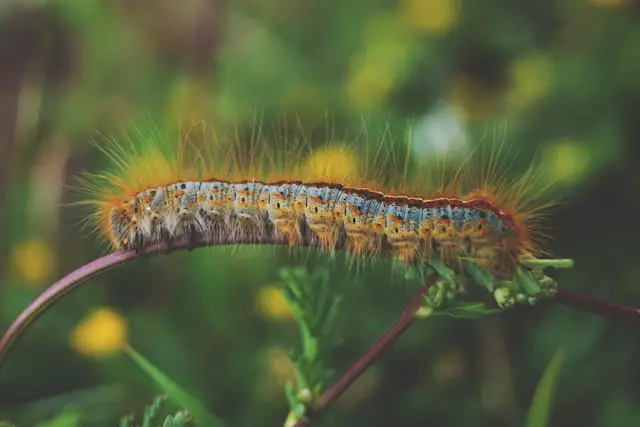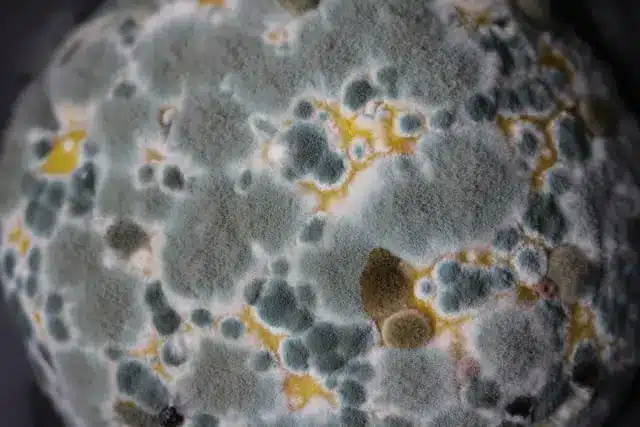The internet is a vast repository of information, endless entertainment, and potentially disturbing content. An innocent search query can sometimes lead you to unexpected and unsettling results.
We’ve all experienced it: you type in a seemingly benign word and are suddenly faced with graphic images or disturbing information.
Rest assured, we won’t be showing any of the actual images that might appear.
Beware the Larvae

This term, which refers to the immature stage of insects, can quickly become unpleasant. A Google search might reveal images of parasitic larvae inside unsuspecting hosts or detailed accounts of infestations. Unless you’re an entomologist with a strong stomach, it’s best to avoid this search.
Krokodil: A Devastating Downward Spiral

This term doesn’t refer to a reptile. Krokodil is a homemade, highly addictive drug with horrifying side effects. Searching for information on Krokodil will expose you to images of rotting flesh and gangrene, starkly illustrating the dangers of substance abuse.
Degloving: Not for the Squeamish

The term itself sounds unpleasant, but the reality is much worse. Degloving refers to the partial or complete removal of skin and underlying tissues. A Google image search will show graphic results that are hard to forget. There are better ways to spend your time online.
Fournier: A Medical Term Best Left Unsaid

Medical professionals use specific terms for a reason. Fournier’s gangrene is a severe necrotizing fasciitis that affects the genitals and perineum. A simple Google search for this term will yield disturbingly graphic medical images. If you have a medical concern, consult a doctor, not the internet.
Harlequin Icthyosis: A Skin Disease

This is a rare inherited skin disorder that affects newborns, causing the skin to form thick, cracked plates that require intensive care. Historically, the survival rate for infants with this condition was very low.
